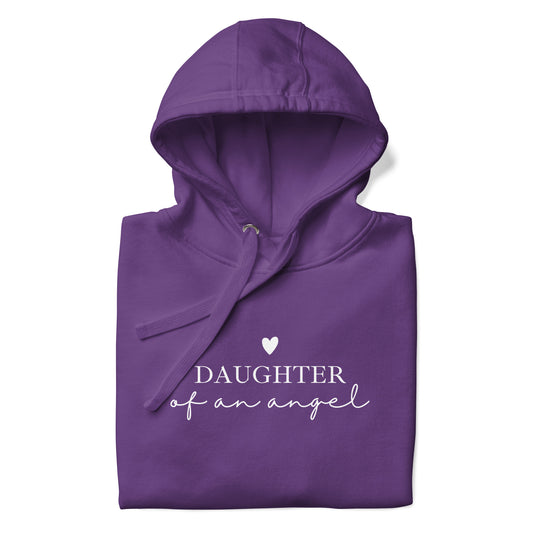Finding Balance
Finding balance between remembering your loved one and staying involved with the living can help you feel more whole and genuine during the holiday season. Concentrating entirely on the deceased can intensify your grief while harming your relationships with those who are still alive. It is healthy and normal to distract yourself from your loss occasionally. Plan time to participate in an enjoyable activity with your family and friends – even if you aren’t sure it will be helpful. Sometimes you may be pleasantly surprised. On the other hand, avoiding your grief during the holidays to “put on a happy face” may feel like “faking” your way through the season. Even worse, it can seem as though you are dishonoring your loved one. Because your grief may feel out of place in the midst of parties, elaborate dinners, and joyful celebrations, it can be helpful to plan some special, quiet time to focus on remembering your loved one. Acknowledging your loss while staying connected to the important people around you is not an easy balance to achieve, but it is healthier than focusing entirely on the
deceased or the living.
Maintaining Traditions and Starting New Ones
The holiday season, including Thanksgiving, Christmas, Hanukkah, and other winter festivities, are filled with traditions. When a loved one dies, these traditions may feel completely different. In some cases, it may be comforting to continue a tradition — even if it must be modified. For example, if you always hosted a large Thanksgiving dinner at your home with your spouse, it may be important to you to continue that tradition. In other cases, it may be useful to change long-standing traditions. Perhaps this year it is time for Thanksgiving to be at someone else’s house. There is no magic formula for deciding to keep a specific custom. It can be helpful to keep some rituals, but also recognize that other traditions will have to be modified.
Honoring & Remembering during the Holidays
The holiday season provides many opportunities for special ways to pay tribute to your loved one. Below are some ideas to help you begin thinking creatively about ways to honor and remember your loved one.
Review pictures and videos of previous holidays
Looking at pictures and videos of holidays spent with your loved one can provide comfort. Creating or reviewing a photo album, scrapbook, or videos can be a wonderful way to remember your loved one. Some enjoy doing this alone while others want to share stories with friends and family.
Volunteer for or contribute to an organization whose mission you support
The holiday season provides many opportunities to volunteer and contribute to worthy causes. It can be especially helpful for those who want to do something active as part of their grief. Buying presents for disadvantaged children, contributing to food pantries, volunteering or donating money to an organization
that was important to your loved one can all be meaningful ways to honor their legacy.
Keep a special reminder with you
You may feel especially lonely during the holiday season. It can help to carry something that reminds you of your loved one. For example, you might carry a picture, a significant piece of jewelry (e.g., wedding ring, a special watch, etc.), or a present you received from your loved one as a way to continue to feel close to them. Let me assure you that this is a healthy and normal response to a loss.
Maintaining old rituals and creating new ones
The holiday season is full of big and little rituals: elaborate dinners, worship services, special songs and food, significant symbols, and time with loved ones to name a few. It is important to maintain the long-standing rituals that continue to be helpful while also creating new, meaningful ones. This may be as simple as listening to your loved one’s favorite Christmas song alone or as complex as holding a fundraiser for a relevant cause. Rituals and meaningful events can be powerful ways to feel connected to your loved one. Other examples of rituals during the holidays can include attending a service of remembrance, lighting a
candle, visiting your loved one’s gravesite or other important location, or hanging a special ornament. Just as your relationship with your loved one was built upon many interactions, so too can your connection be maintained with significant moments of remembrance.
Say Your Loved Ones Name & Share Stories
You may feel uncomfortable talking about your loved one and sharing holiday memories about them, but it is normal and healthy to talk about them. Saying their name out loud may bring up tears, but it is helpful to share your thoughts and feelings.
Need More Help? Visit www.GriefPlan.com for helpful videos and articles to help you heal, remember, and rebuild after loss. These resources cover topics such as: Helping children as they grieve Healing after the loss of a spouse, parent, child, and other loved ones Dealing with traumatic losses due to suicide, overdose, and accidents Recognizing signs that you may need professional help A step-by-step video program to help you through your grief.
About the Author Dr. Jason Troyer earned his master’s degree in counseling and his doctorate in counseling psychology. He is a published author, grief researcher, and former college professor and therapist.





